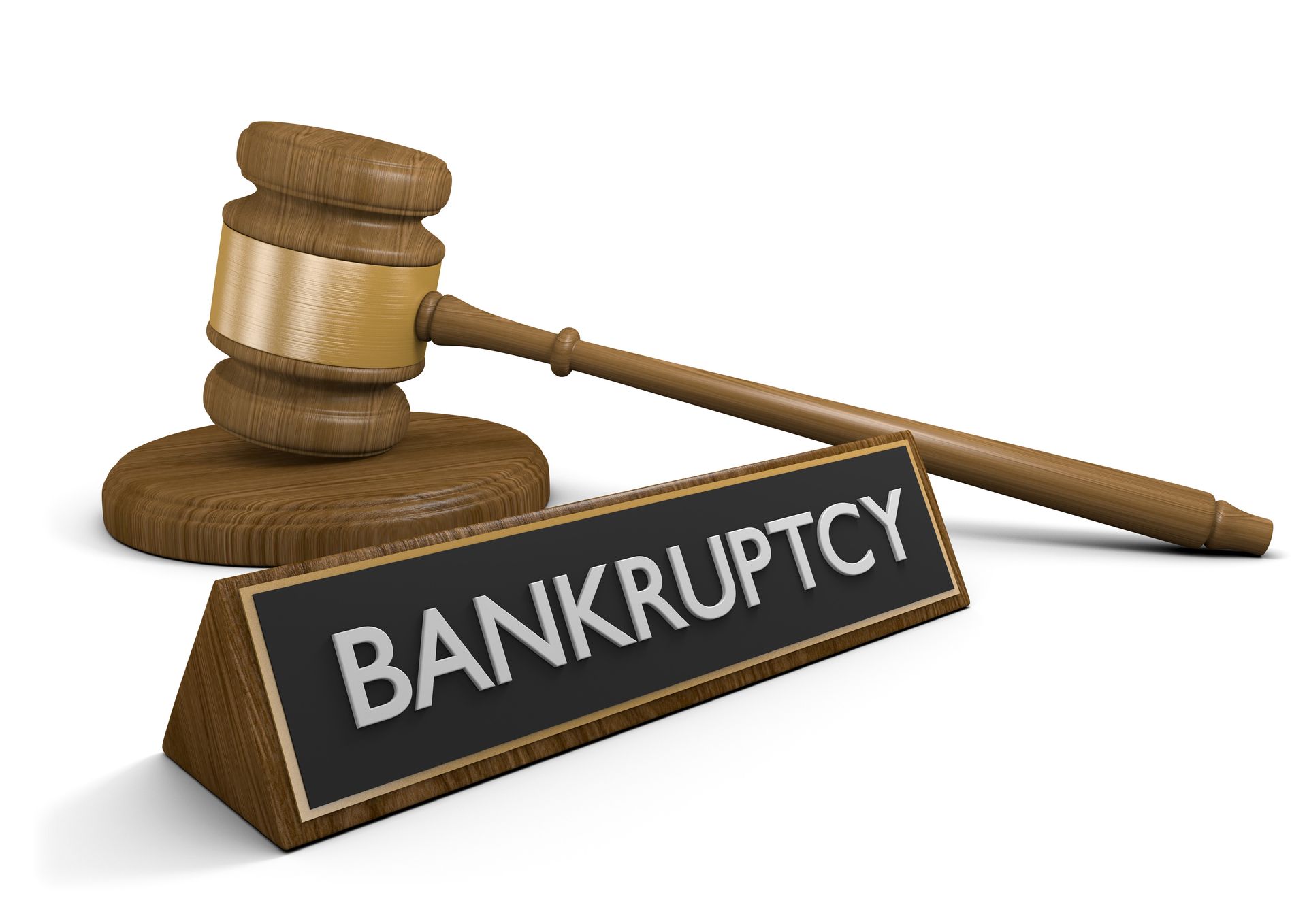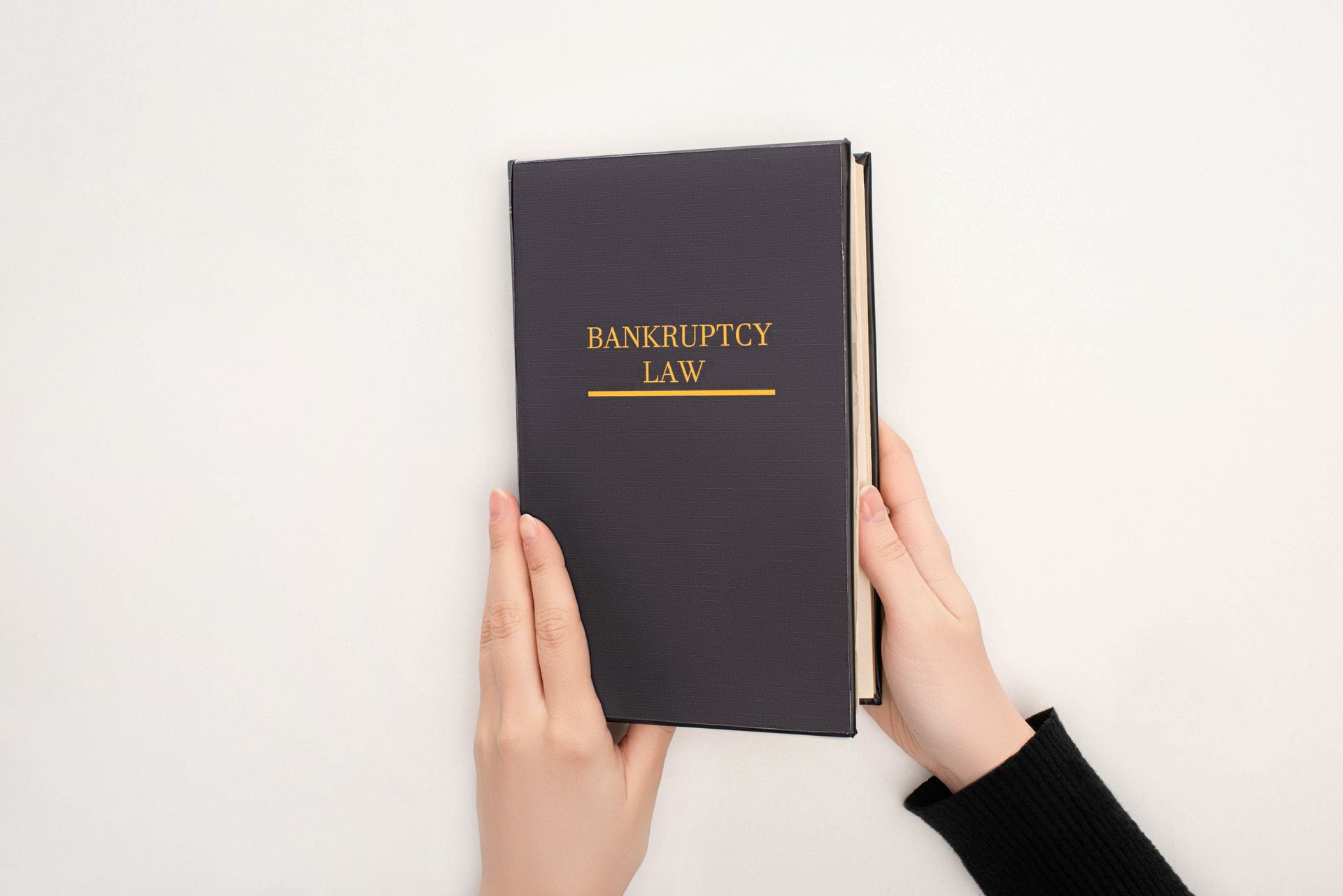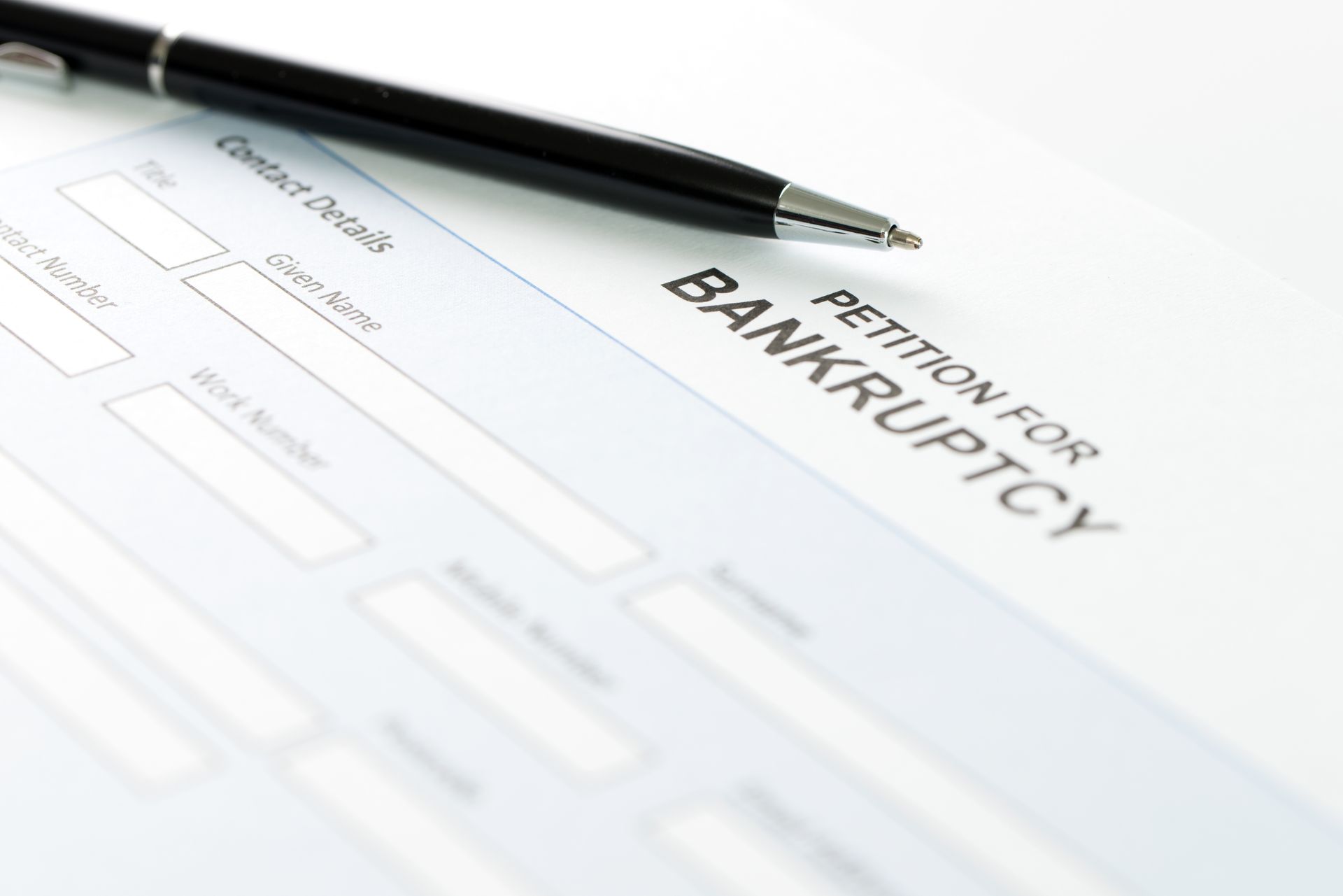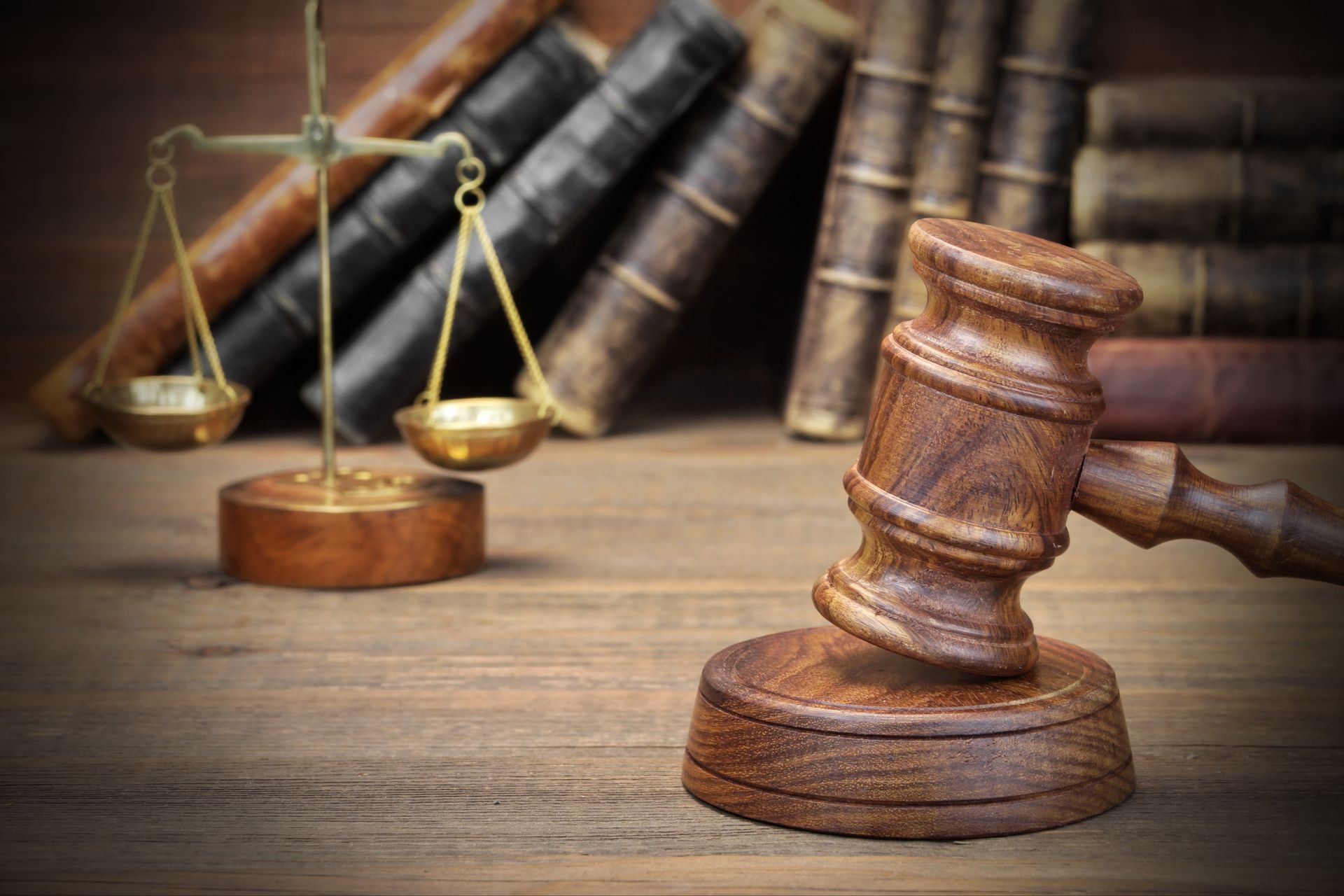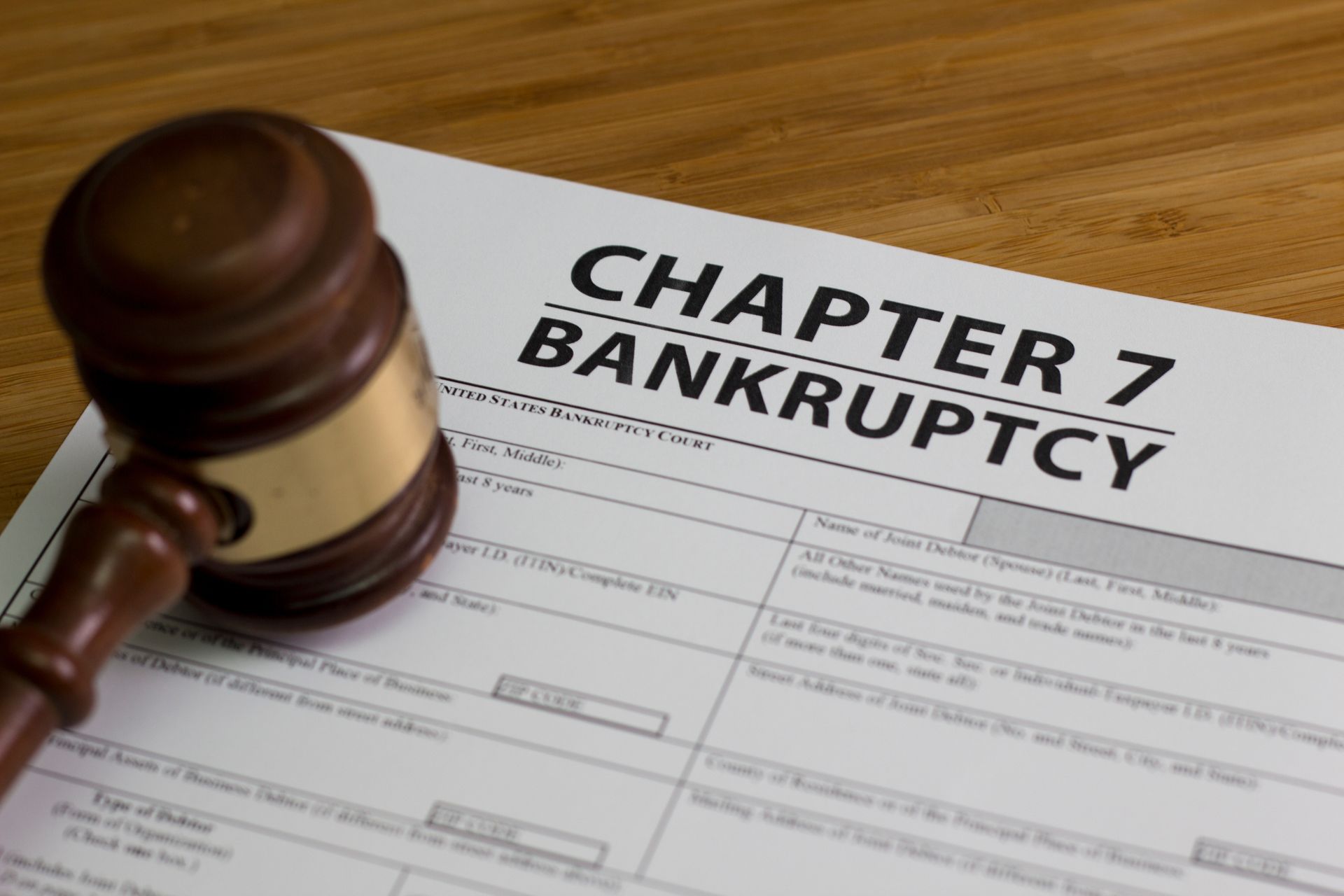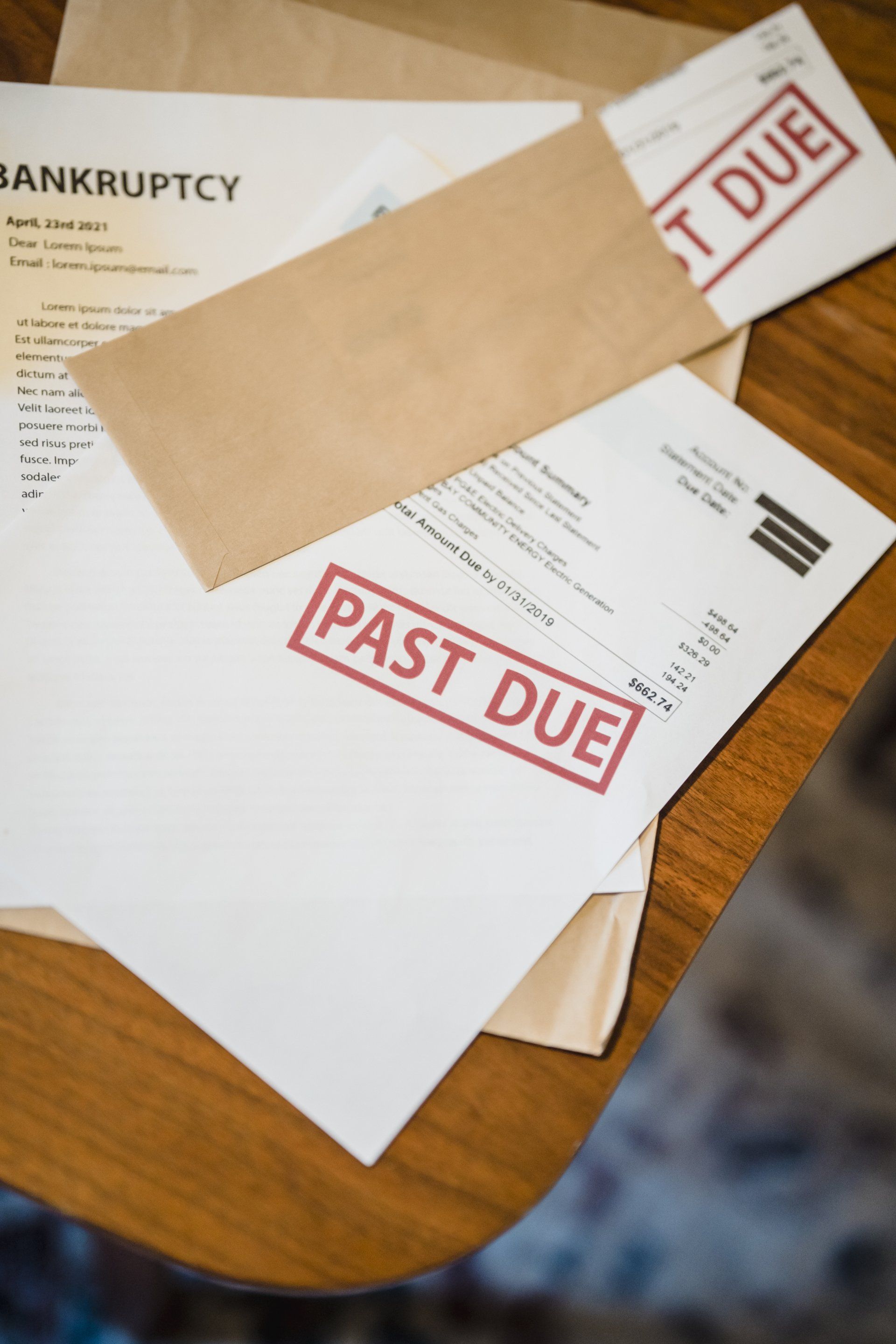Can Bankruptcy Eliminate Your Tax Debt?
You probably have many questions if you have tax debt and are thinking about declaring bankruptcy. A common question is whether filing for bankruptcy can eliminate your tax debt. Unfortunately, in many cases, it can’t, but several exceptions are highlighted below.
Eliminating Federal or State Tax Debt With Bankruptcy
If you owe back federal or state taxes, you may be able to eliminate the debt by declaring bankruptcy. However, note that payroll taxes and fraud penalties cannot be canceled with bankruptcy.
Conditions for discharging state and federal tax debt with bankruptcy are:
- You didn’t file a fraudulent return or evade paying taxes. Discharging tax debt during bankruptcy requires you to have acted legally in filing your taxes.
- The tax debt is a minimum of three years old, meaning the original US tax return must have been due at least three years before filing for Chapter 7 or 13 bankruptcy.
- A tax return was filed at least two years before you filed for bankruptcy. Then, the tax return for the debt must be filed to cancel the tax debt. Usually, a true return wasn’t filed if all filing extensions expired and you didn’t file on time. So, you cannot eliminate that tax debt.
- The tax debt needs to have been assessed by the Internal Revenue Service at least 240 days before you file for bankruptcy, known as the 240-day rule.
Discharging back tax debt is complex, so it’s always best to run your case by a St. Louis bankruptcy attorney.
What About Tax Liens?
Tax liens differ from tax debt. Tax debt means the money you owe Missouri or the IRS. However, a tax lien is a judgment the state or US government secures against your property to pay your taxes.
The debt will be discharged during bankruptcy, but it doesn’t remove the lien. Even if you don’t have to pay the debt, the lien still needs to be paid. It may make sense to do that as soon as possible, so you don’t have issues selling the property.
Automatic Stay During Bankruptcy
When you file for bankruptcy, an automatic stay kicks in, meaning most collection efforts must stop until the court decides on your bankruptcy. This automatic stay includes collection attempts for back taxes.
Remember to list the IRS as one of your creditors so the automatic stay can protect you, meaning the court will tell the IRS or Missouri that you filed for bankruptcy.
However, you may want to call the IRS and tell them about your bankruptcy. An example is if the IRS is about to sell your property when you file for bankruptcy.
Contact a St. Louis Bankruptcy Attorney Today
Are you considering filing for bankruptcy? Doing so is often smart and can give you the fresh start you desperately need. A St. Louis bankruptcy attorney can help you understand your bankruptcy options and next steps. AKS Law has more than 10 years of helping people with Chapter 7 and 13 bankruptcies. Call (314) 740-2989 for more information.
